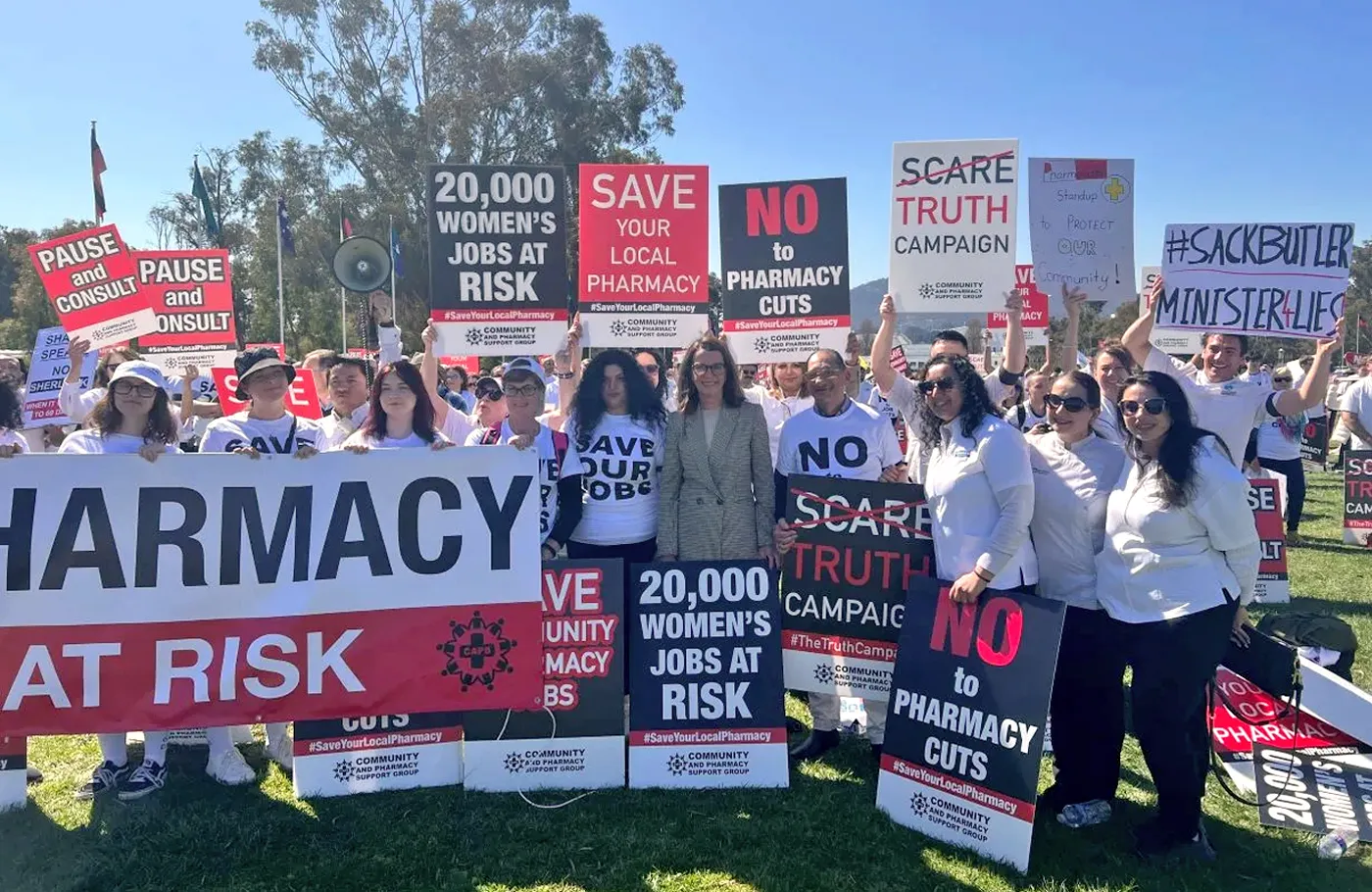A Win for Community Pharmacies but Questions Remain

WIN FOR COMMUNITY PHARMACIES, BUT QUESTIONS REMAIN – Joint Media Release with Shadow Health Minister Senator Anne Ruston
The Albanese Labor Government has been forced into a new 8 th Community Pharmacy Agreement. The Agreement was finally released last week following sustained pressure from the Coalition after the Government’s botched implementation of the 60-day dispensing policy.
Fighting alongside community pharmacies, the Coalition supported the sector to negotiate a new agreement with the Government. In reaching the new agreement, the Government has recognised their initial approach to 60-day dispensing would have caused damage to all Australians who rely on their local community pharmacist.
Shadow Minister for Health and Aged Care, Senator Anne Ruston said the Coalition understands many community pharmacies are small businesses, and expecting small businesses to shoulder the costs of a Government policy alone is completely unreasonable.
“Senate Estimates yesterday left us questioning the impact of the Government’s ‘cheaper medicines’ package that resulted from this new agreement.
“The Department could not explain how the removal of a $1 discount, along with a freezing of the current price of medicines, will actually make medicines cheaper for those Australians who rely on them,” Senator Ruston said.
Senator Ruston stated that the agreement acknowledged the Coalition’s long standing concerns for rural, regional and remote communities’ access to primary care by providing additional funding for the Regional Pharmacy Maintenance Allowance.
“This additional support will hopefully mitigate our concerns for the viability of community pharmacies, particularly those in the bush.”
Shadow Assistant Minister for Regional Health, Dr Anne Webster MP said the Albanese Labor Government’s initial plans would have devastated regional communities.
“Labor’s scorched earth approach to regional Australia has left some regional towns with their pharmacist as their sole primary healthcare provider.
“The loss of those pharmacies would have been catastrophic. Regional Australians pay additional costs to access medicines, namely driving long distances just to see a pharmacist, not to mention the cost and delay of getting in to see a doctor who can prescribe the medication in the first place,” Dr Webster said.
No one disputes the benefits of cheaper and easier access to medicines, but the Government’s failure to consult community pharmacies before implementing their policy was clearly the wrong decision. The uncertainty created by the Government last year did not need to happen.
The Coalition will always stand up for both cheaper medicines and a viable community pharmacy sector. The new agreement is a win for community pharmacies, but questions remain as to how much Australians will save in comparison to the taxpayer dollars spent to fix the Government’s mistake.



